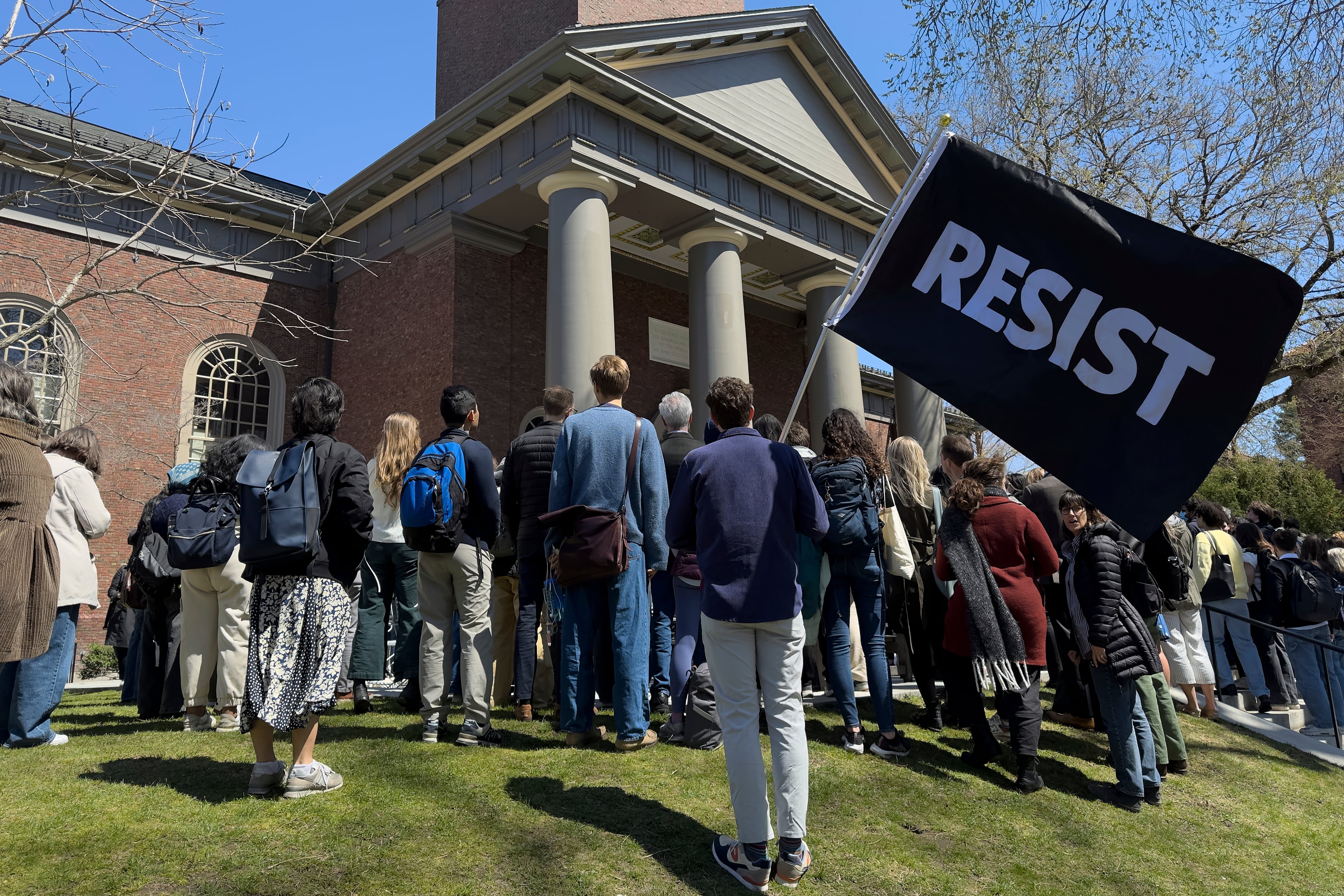As the 2024 election cycle goes into full swing, Republican presidential hopefuls and sitting politicians are ramping up their rhetoric about their military plans for the U.S.-Mexico border.
The politicians argue that military force — effectively doubling down on the War on Drugs within the borders of America’s largest trading partner — can help stem the flow of synthetic opioid drugs like fentanyl. Such drugs killed more than 70,000 Americans in 2021, according to government data.
In recent months, former president Donald Trump, the likely GOP nominee, and his longshot rivals — including former United Nations ambassador Nikki Haley, Florida Gov. Ron Desantis, and businessman Vivek Ramaswamy — have all committed to using military force against drug cartels, with or without the Mexican government’s consent.
Trump’s campaign website states the former president intends to “impose a full naval embargo on the cartels” using Navy ships, in addition to deploying “special forces, cyber warfare, and other covert and overt actions” against the criminal organizations. Other proposals include drone and missile strikes, as well as special operations raids into Mexico.
The nation’s leader, President Andrés Manuel López Obrador, strongly opposes any U.S. military action in Mexico’s sovereign territory. Although more than half of Americans, according to a September Reuters/Ipsos poll, support sending troops into Mexico to fight the cartels, only 29% would support doing so against the Mexican government’s wishes.
Meanwhile, the military’s efforts on U.S. soil to shore up border security amid record-high migration levels will continue into 2024.
The Texas National Guard’s state-controlled border security effort, Operation Lone Star, has stationed thousands of Guardsmen along the border. Because they are not considered federal military members while on state duty, they have arrested migrants on state trespassing charges in addition to manning observation posts and building barriers along the border, among other duties. Troops assigned to the mission have run afoul of intelligence oversight rules, according to a joint Army Times-Texas Tribune investigation, and have committed shootings and other controversial incidents.
RELATED

U.S. Northern Command also has two federally controlled missions to support federal agencies at the border. According to the command, the larger of the two consists of 2,500 Army National Guard soldiers assisting Customs and Border Protection with tasks like camera watching, analysis support, and aerial monitoring. In a parallel but separate effort, 800 active duty troops of multiple branches remain authorized to assist CBP with administrative, logistical and surveillance work there through the end of 2023.
Davis Winkie covers the Army for Military Times. He studied history at Vanderbilt and UNC-Chapel Hill, and served five years in the Army Guard. His investigations earned the Society of Professional Journalists' 2023 Sunshine Award and consecutive Military Reporters and Editors honors, among others. Davis was also a 2022 Livingston Awards finalist.




